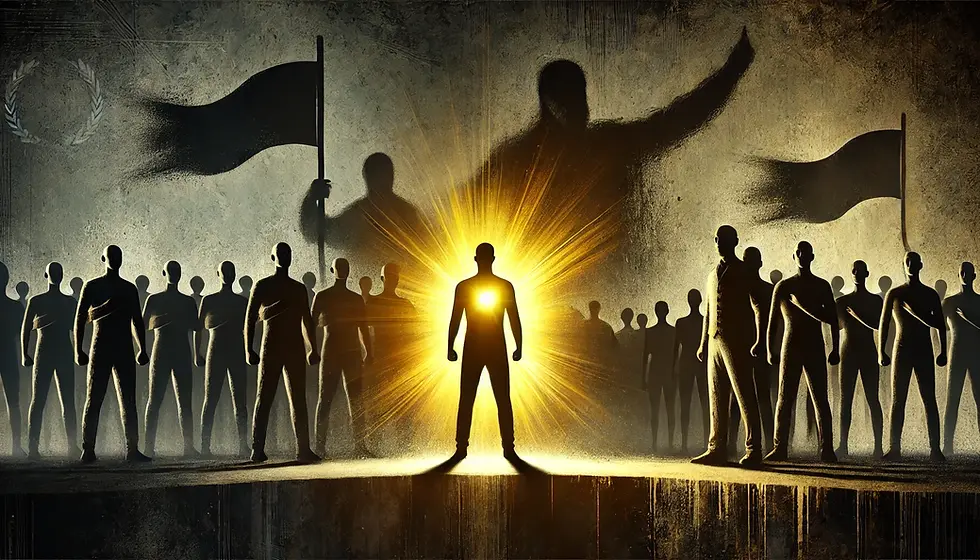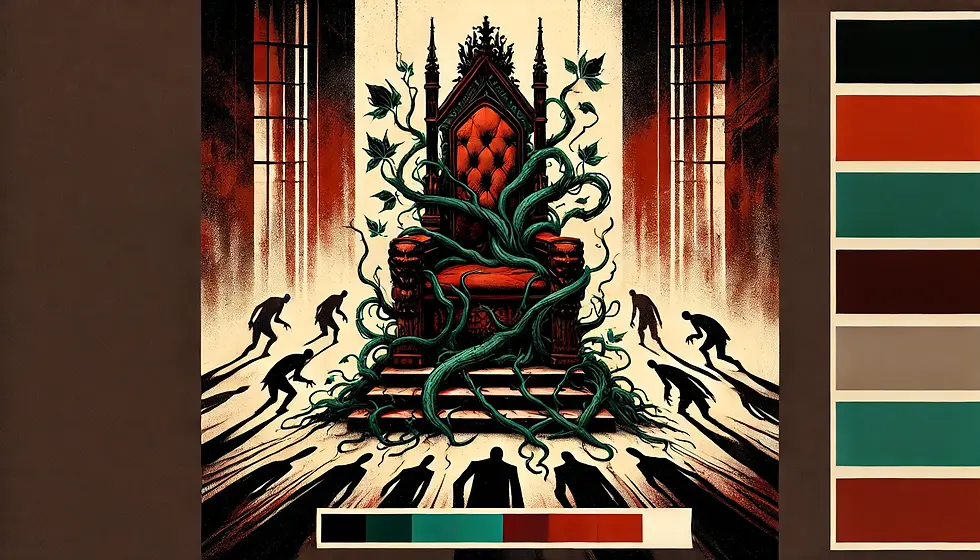At the online book review meeting held in September, Stefan Zweig's "Conscience Against Tyranny", which we read together throughout the month, was discussed.
We had previously announced our event on our website ( https://www.vicdanvakfi.org/events-1/kitap-kulubu-eylul-2024-okumasi ), registered for participation, and discussed it through the comments on the event page.
The participants shared the thoughts that the book evoked in them and the analysis of the work, focusing on important questions about the effects of conscience, tyranny, religion and ideologies on people. The discussion addressed many dimensions such as the resistance of conscience to tyranny, the tyranny of religion and ideologies, and how the passion for power affects the inner world of people.
The Power of Conscience and the Cost of Standing Against Tyranny

Throughout the discussion, the book focused on how the conscience of an individual is tested against tyranny and oppression. The book focuses on the moral courage of individuals and shows how valuable conscience is against tyrannical regimes. The characters are torn between whether to listen to their conscience in the face of authoritarian systems. The participants emphasized that the work should be read not only as a novel but also as a “manifesto of conscience” and that true freedom begins within a person before external conditions.
It was stated that history is in a constant state of repetition and that good and evil are in an ongoing struggle. It was discussed how religion, especially in the context of the conflict between Protestantism and the Catholic Church, can become a tool of oppression while shaping the social order. The corruption of religion and ideologies by the power of the government was discussed with examples of how they silence the consciences of individuals.
The fact that one of the characters in the book, Calvin, committed great evils without conscience while acting for religious purposes shows that ideologies can be used to justify cruelty. The participants argued that cruel people who act for the sake of ideology rather than for personal gain try to justify these actions, but even this cannot justify the silencing of conscience.
In addition, Calvin's initial libertarian stance, but his transformation into a tyrannical leader after he seized power, shows how power can change people and be used as a tool of oppression. This transformation reveals how individual freedoms and social development can be disrupted. This aspect of the book was elaborated on by the participants' discussions of how oppressive regimes can control and suppress creative activities (such as art, science, music).
The Relationship Between Religion, Ideology and Tyranny

The meeting was an important topic of discussion on how religion and ideologies can become tools of oppression. Although religion preaches peace, morality and compassion, it can become dangerous when applied with cruel methods. As seen in the book, when religious and ideological teachings are used to oppress people, all human values are destroyed. In this context, it was stated that religion and ideology continue to be used as tools of tyranny in the modern world. It was emphasized that modern oppressive regimes suppress consciences by forcing society into silence, and that such oppression wears down the human spirit.
It was discussed how societies easily adapt to tyranny, how people hide behind powerful leaders to avoid personal responsibility, and how they submit to the cruel decisions of these leaders. Individuals transferring their responsibilities to society makes it easier for cruel rulers to do their job, and conscience is silenced.
Calvin's consistency in defending his ideological truths was discussed as another remarkable dimension. Before coming to power, Calvin had clearly expressed what he thought, but after he seized power, this consistency turned into a regime of oppression that forced people to submit to their own beliefs. How conscience is silenced by the influence of power was examined in this context.
In discussions on how conscience functions at the individual and societal level, it has been stated that when society does not listen to the voice of conscience, it becomes the greatest supporter of tyranny. As tyrants gain power, it becomes easier for society to legitimize this tyranny, and keeping conscience alive is considered one of the greatest duties of society.
Individual and Social Conscience in the Face of Tyranny

It was emphasized that the Protestant movement was initially a movement that sought freedom and justice, but that this movement also turned into a cruel ideology over time. It was stated that those who seized power gradually forgot their own victimization and became more cruel than their predecessors. An example of this was the transformation of revolutions or reform movements into oppressive regimes. It was emphasized that a power founded on victimization could turn into greater tyranny over time, and that this transformation stemmed from the transformative power of the power.
It was argued that the characters in the book who resist tyranny are the voices of the social conscience, and that it is vital to maintain moral stance against tyrannical regimes. It was stated that individual conscience must be protected against social pressure, and that the greatest success of oppressive regimes is to silence people's consciences.
Another important point of the discussion was that the responsibility lies not only with the cruel dictators but also with the people who submit to them. The tyranny of dictators can only grow with the silence and acceptance of the people. Wherever society silences its conscience, tyranny becomes stronger and more legitimate.
Conclusion
Discussions on Stefan Zweig's book "Conscience Against Tyranny" once again revealed the importance of individual and social conscience. The meeting addressed in depth how religion and ideologies can turn into authoritarian regimes, how power can tyrannize people, and how it can silence individuals' consciences.
At the end of the meeting, it was decided to come together again at the end of October to read a new book that we would all choose together in October. It was reminded that they would come together again at the new meeting to evaluate and discuss the selected work in depth. The participants left the meeting with the intention of contributing to a regular reading and sharing process during this process.

Comments